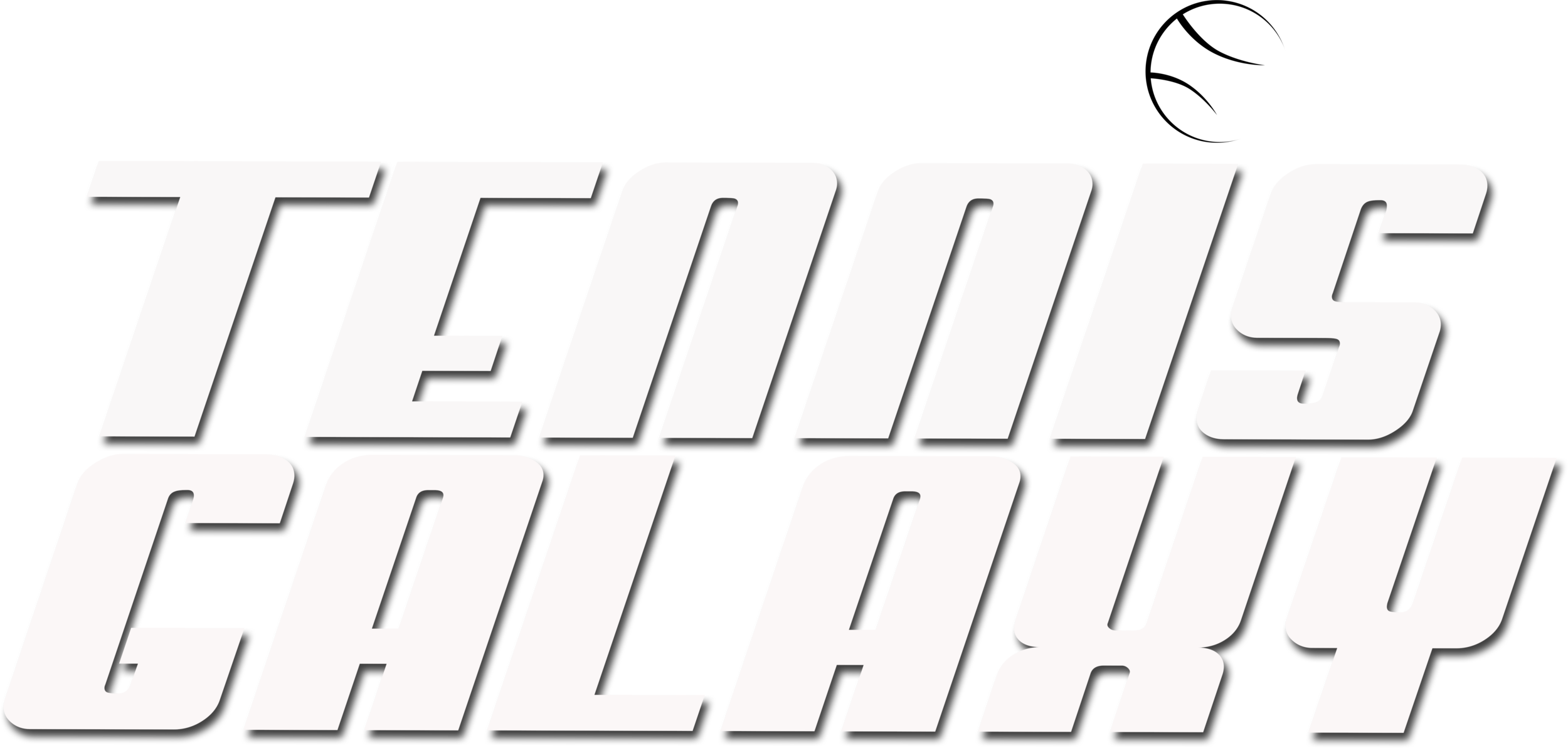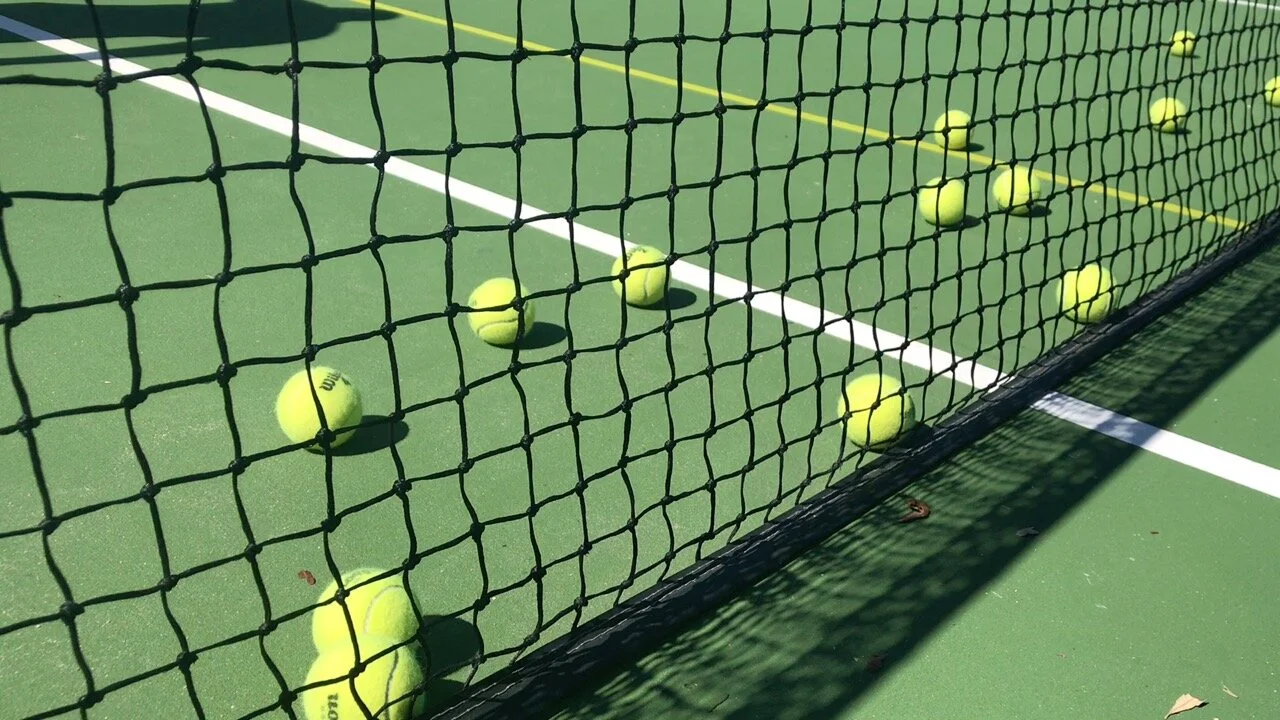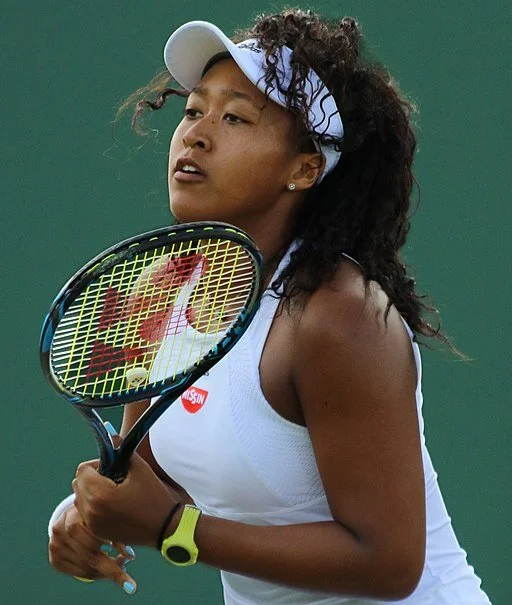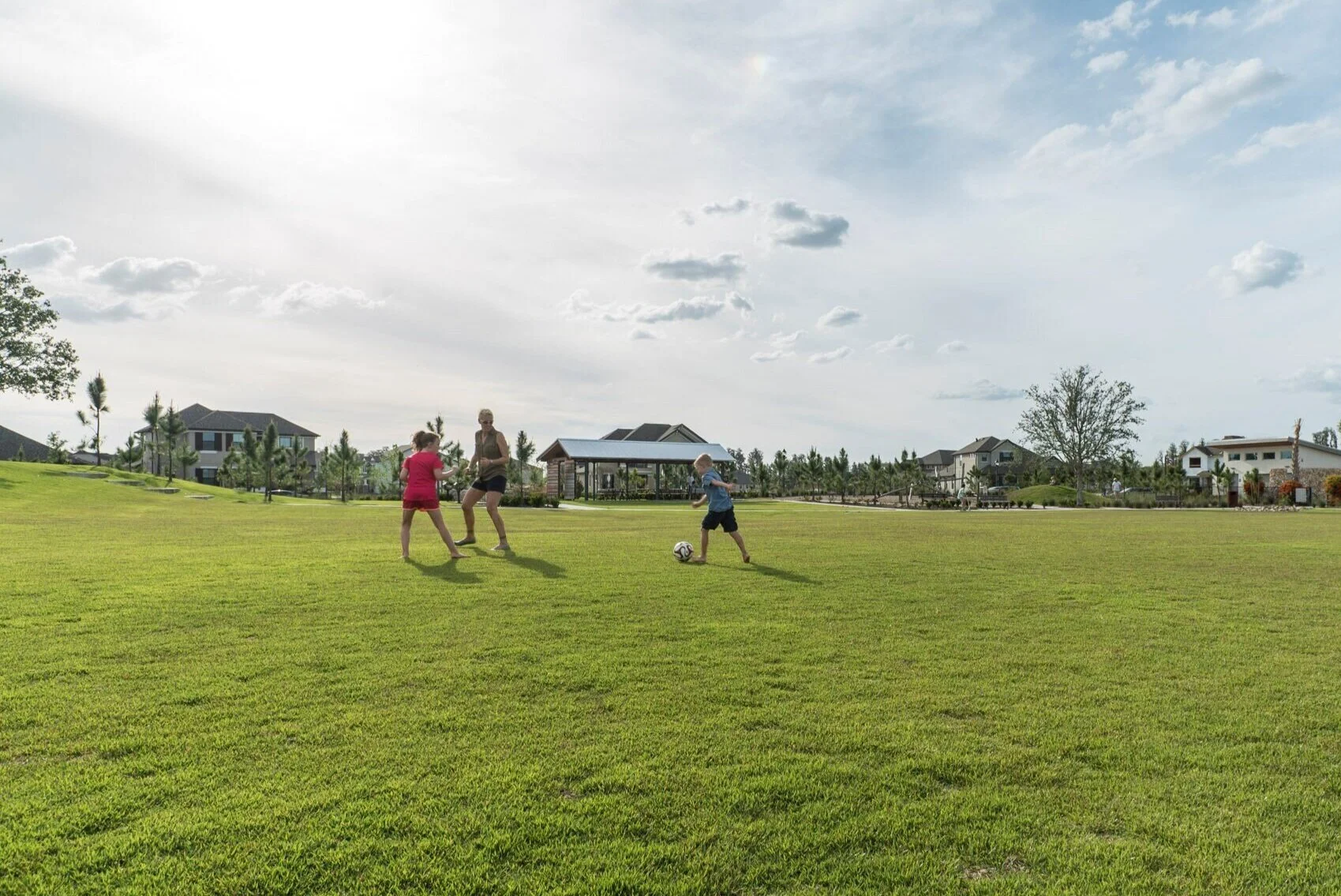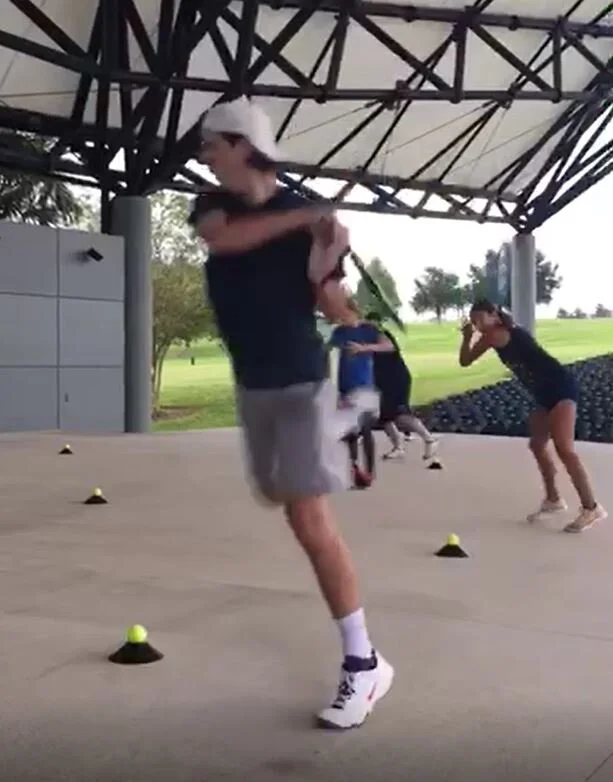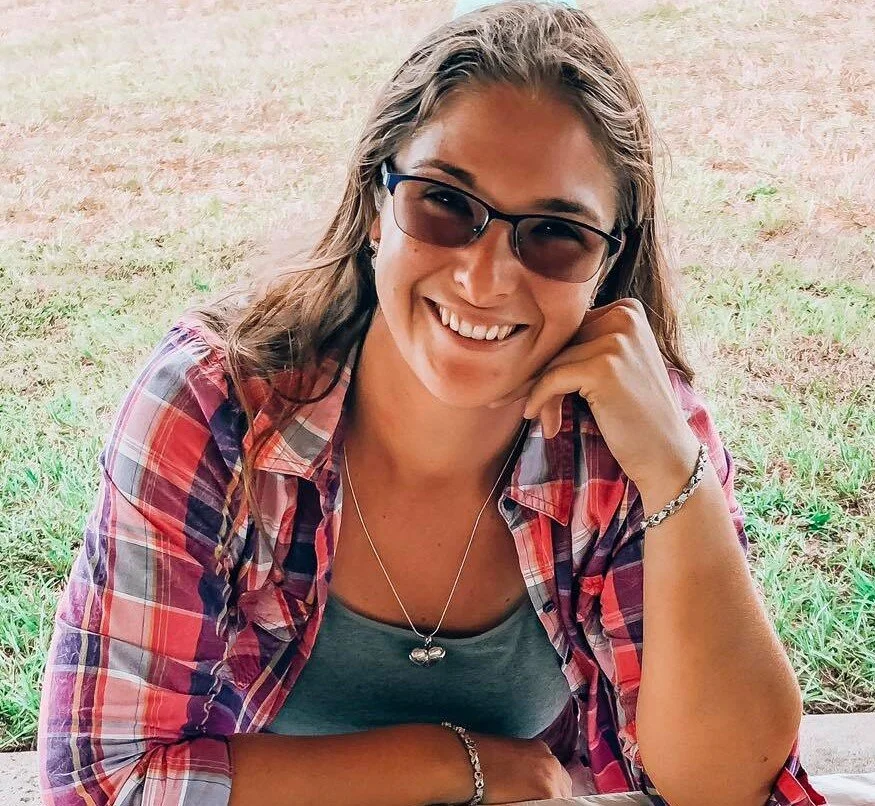We saluted Naomi Osaka when she seemed to be turning away from the trappings of fame and glory for the sake of her peace and calm. With recent events, though, her message feels tainted, her young leadership in question. Consider the following.
We all are products of our environments, including the social environment—family, friends, community, work, school—and the media environment, which historically was reachable primarily by the famous or powerful but now is manipulable by even the youngest amongst us, including children. Combining and leveling the two environments has blurred lines, propagating confusion in areas of privacy, support, debate, opinion, security and stress.
An entire generation is facing a seeming schizophrenia: on one hand, fear of in-person interaction and on the other hand, instant courage to communicate online with full physical and emotional exposure.
Naomi Osaka felt paralyzingly uncomfortable walking into the press room to talk about herself for twenty minutes in late May. But in the years and even months leading up to that declaration, she had undressed emotionally and physically to package herself for public consumption. She now expresses two competing emotions as those packages are released to the world: terror about how she will be received, and triumph in owning who she is.
We won’t be purchasing the SI Swimsuit issue or watching the docuseries on Netflix, out of respect for all athletes whose personal privacy has been sacrificed to professional success, but we will keep asking ourselves the question: what is going on here?
And we will wonder if this is part of the answer: in young successful athletes—or actors or academicians or young celebrities of any type—society too often assumes that because they have achieved excellence in one set of skills that they must be outstanding in other sets, as well. In reality, though, it’s possible that for the prodigies, the accelerated and amplified success in their profession often comes at the cost of developing on-pace in other areas.
This all points back to a foundational principle that guides the Volt Method of coaching: sports cannot be a lone centerpiece of one’s development. It is a pillar. It should be a strong pillar. And it can even be the most enjoyable pillar. But it has to be just one pillar in a system of many that support developing the whole person.
Naomi Osaka probably is starting to see that it’s time to work on those other pillars in her life. She deserves the opportunity to do so. We hope that soon enough we will once again be celebrating her courage and the new ground she breaks for mental health awareness as much as we celebrate her tennis.
[Image credit: si.robi, CC BY-SA 2.0 <https://creativecommons.org/licenses/by-sa/2.0>, via Wikimedia Commons]
